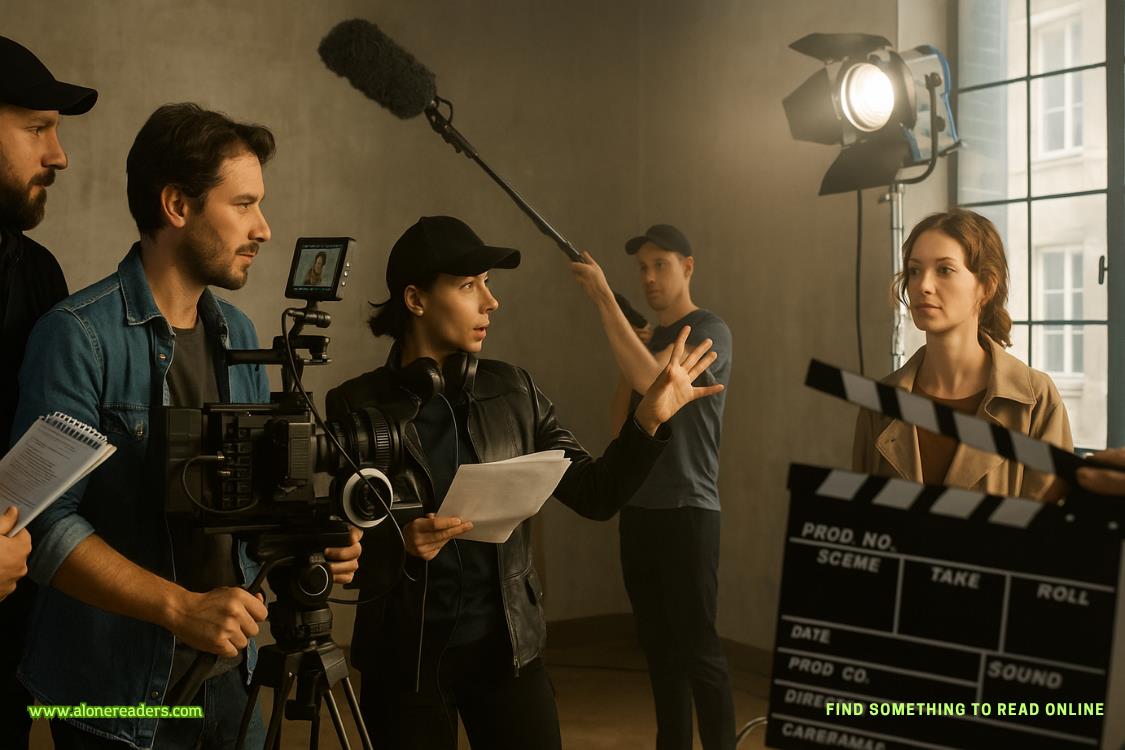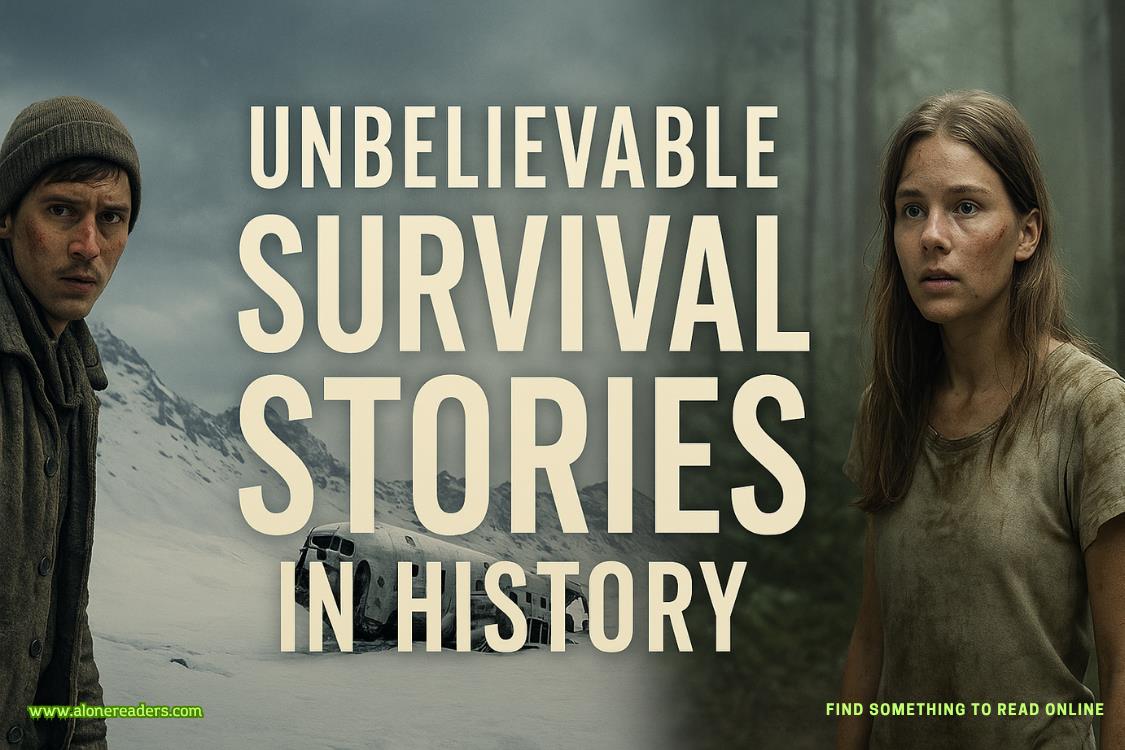“During my guided Post-It tour of your apartment, you mean? Yes, I did get coffee. But I’m very early and it’ll give me time to settle down and calm my nerves. Thanks for ironing my suit and shirt, by the way.”
“All part of the service. You can make it up to me later. Hey, I’m phoning to ask what you fancy for dinner tonight. Any thoughts?”
“Many. But I’m in public and most them are pretty indecent, so best not to say them out loud. But, just so you know, one of them involves that easy chair you have in the corner of your bedroom—”
“Uh, Spence,” came Marshall’s lowered voice. “I’m sitting here with a group of volunteers, people I don’t know. And I have to stand up and carry on working in five minutes, so could you maybe save the lurid descriptions—”
Spencer burst out laughing.
“Sorry. I’m really sorry, Marsh,” said Spencer, still chuckling. “I should have realised. As for tonight. Your choice of takeout. Although not South Asian, please.”
“Takeout? Who said anything about takeout? I’m cooking at home for you tonight. See you at six. Are you still heading home first?”
“I’d planned to. Why?”
“Pick up another change of clothing. I’m driving tomorrow, so I’ll drop you into work.”
Spencer had visited Herald Towers a couple of times over the years. The first three floors constituted a vast shopping mall with a large cinema complex on the third floor, and shops and restaurants scattered around the other two. Being in the Tier Two restriction zone, the area was considered high alert for the coronavirus, and he expected most shops to be closed for the day. Luckily enough, he found an open coffee shop inside the ground floor, probably catering to office staff. Although he couldn’t sit in the premises, he still purchased a takeaway coffee, then went outside the building and found a small concrete garden area with wooden seating.
After checking messages, he brought up a browser and mugged up on basics about the newspaper group, such as how they employed around three to four thousand people globally. By comparison, Muriel’s Blackmore Group had at most seventy to eighty staff. Estimated daily circulation figures for theNational Heraldcame in at just under one and a half million, which did not include online subscriptions. Blackmore Group, a wholly different beast with primarily monthly publications, had a circulation of under two hundred thousand. Not that a person could fairly compare like for like.
After what seemed like an eternity, he finished his coffee, waited in the newspaper reception area, and stared at the neat row of clocks above the familiar newspaper logo, announcing the time in five different time zones.
Through a glass dividing wall, Spencer observed Ed Coleman finishing up on his computer. He could not even hazard a guess as to the man’s age. Sporting a grey ginger comb-over, combined with being overweight, Ed appeared younger than someone in his fifties, but then Spencer had never been good at guessing people’s ages. On the surface the man’s whole face appearedto be a perpetual frown as he glared at his monitor, from the troughs across his forehead, the fixed furrowed brow, the deep parentheses around his mouth to the stubbornly neutral mouth giving nothing away. And he typed brutally with only the forefingers of each hand as though he were trying to kill some annoying insect running across his keyboard.
When Spencer was eventually ushered in, Ed relaxed and looked up, his face transforming into a smile.
“Mr Wyrrell. Thanks for coming in at such short notice.”
Spencer liked him from the first words out of his mouth—an unapologetic cockney.
“My pleasure. And you can call me Spencer, if that’s easier.”
“Sounds good. Why don’t you begin by telling me about the work you do at Blackmore.”
Spencer had been prepared and talked up his role, making sure he explained about recently stepping into his boss’ shoes following her departure. After Spencer answered a few questions as briefly as possible, and asked a few, Ed seemed satisfied and changed tack.
“I suppose what I should have asked was whether you actually read theHerald?”
“From cover to cover. And I’m not just saying that because I’m sitting here. If you check your records you’ll find I’ve had four letters published in your reader’s section over the years. Without sounding too sycophantic, I’d say theHeraldis my daily of choice.”
“Favourite parts?”
“The editorials. I’m Jonathan Mycroft’s number-one fan.”
Spencer went on to dissect the daily version, which he knew by heart. He knew enough about the industry to understand how different newspapers appealed to their readers, what kind of front pages demanded attention. But he also knew Ed wouldneed to have a handle on each of the sections and how they attempted to provide something for everyone.
“And I love theSunday Heraldthe best, mostly because I get a quiet day to read from cover to cover, but also because there’s the arts and literature section—”
“You read the arts and lit reviews?”
“Are you serious? Avidly.”
“Good to know someone does,” said Ed, with a chuckle.
“It’s the first thing I turn to in the Sunday supplement, for the book, film, and theatre reviews. Especially theatre, which I love. People often think reviews are simply a reviewer’s personal opinion about a production, which, in fairness, is what they generally are. But a true theatre review is created to guide somebody who is considering seeing a play, to give them background and substance. Things like an outline of the plot, the historical setting, cultural significance, and relevance, and about some of the characters. Criticism should form only a small part of the review and, in my opinion, be wholly substantiated. I read a review at the weekend in another newspaper—yes, I read other papers, too—of the stage version ofThe Right Side of the Family. Have you read the book?”
“Why don’t you tell me about it?”















